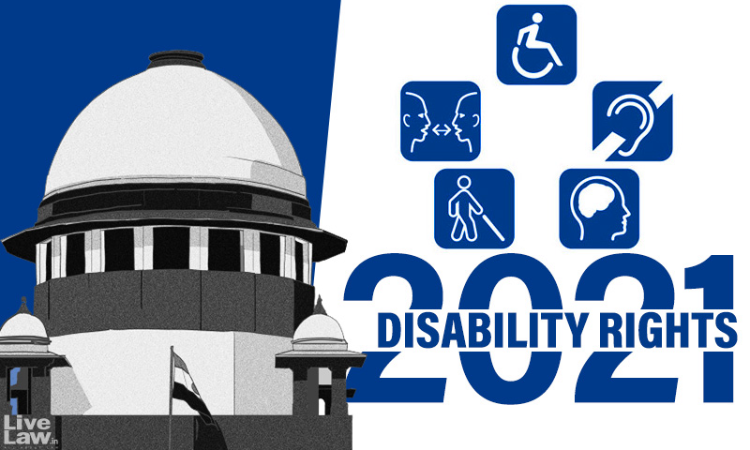- Home
- /
- Top Stories
- /
- How Supreme Court Protected Rights...
How Supreme Court Protected Rights Of Disabled In 2021
Shruti Kakkar
27 Dec 2021 11:02 AM IST
As per the Census of 2011 there are 2.68 crore persons with disabilities in India who constitute 2.21 percent of population out of which 1.50 crore are male and 1.18 crore are female.In our country, persons with disabilities constitute a minority group who live in an extremely vulnerable and disadvantaged political, social and economic environment. They are often disfavoured because of...
Next Story



